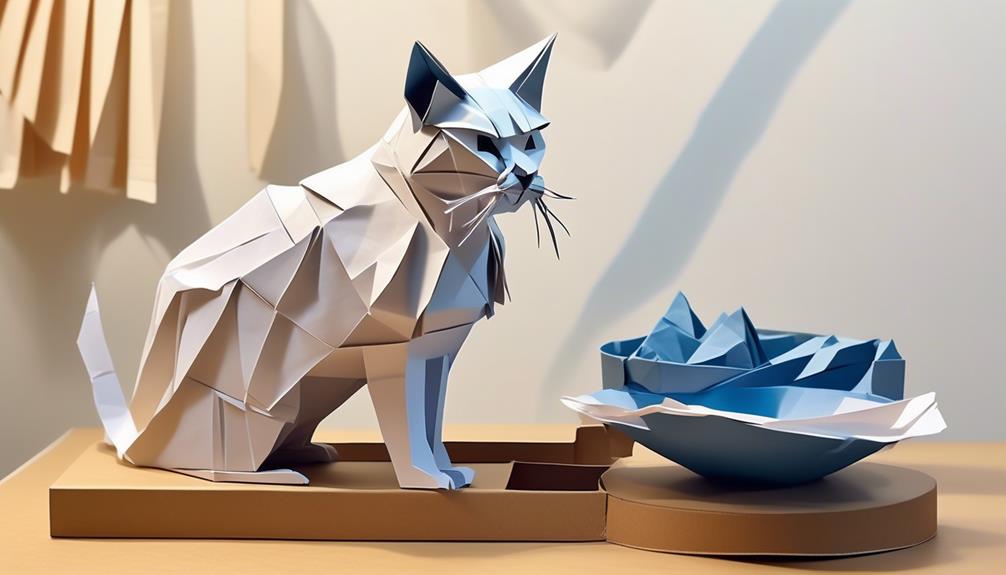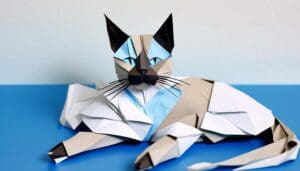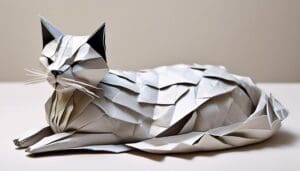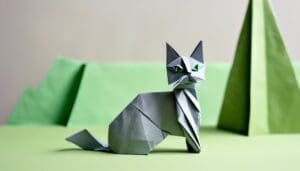As time goes by, your cat might not hunt mice like before, but they always need your careful attention, particularly for their kidney health.
You’re taking great steps by focusing on their health as they get older. It’s important to realize that their bodies are not as resilient anymore, and their kidneys often suffer first from the effects of aging.
Ensure that you’re providing them with the right balance of hydration, nutrition, and care to support their renal function. From the frequency of vet visits to the type of water bowl you’re using, each detail plays a significant role in their well-being.
Let’s learn how to provide your aging cat with the kidney support they need, identifying early signs of kidney problems before they worsen.
Key Takeaways
- Providing access to clean and fresh water is crucial for promoting proper hydration in aging cats.
- Choosing wet food over dry food can help maintain hydration levels in cats.
- Regular monitoring of blood pressure and increasing water intake can support kidney health in aging cats.
- Schedule regular veterinary check-ups to catch early signs of kidney disease and provide timely preventive care for aging cats.
Promote Proper Hydration
Ensuring your aging cat remains properly hydrated is a crucial step in supporting their kidney health and overall well-being. As your cat matures, they may face the challenge of chronic kidney disease, which can impair kidney function. To help mitigate this risk, it’s essential to encourage your cat to play and engage with water as much as possible.
Consider replacing their traditional water bowls with a fountain, as many cats are enticed by the allure of running water. You can even let the bathroom faucet drip occasionally to pique their curiosity. By making drinking water an interactive experience, you’ll encourage your cat to drink more frequently, flushing out toxins that can harm their delicate systems.
Another compassionate approach is to increase their water intake by opting for canned food instead of dry kibble. The higher moisture content in canned food can significantly contribute to their daily fluid needs. Don’t hesitate to make water more appealing by adding a splash of tuna juice or chicken broth, transforming their fresh water into a tantalizing treat.
Above all, ensure that they always have easy access to clean and fresh water, as proper hydration is a cornerstone of maintaining kidney function and staving off the progression of chronic kidney disease.
Adjust Diet Accordingly
As your beloved cat enters their golden years, it’s vital to gradually transition them to a kidney-friendly diet to support their changing health needs. Kidney disease can be a common concern for senior cats and adjusting their food can significantly impact their comfort and health.
Here are a few heartfelt steps to consider:
- Choose Wet Food: Wet food instead of dry can help maintain hydration, which is essential for your cat’s kidneys. The moisture in wet food helps flush out toxins and reduce the burden on the kidneys.
- Monitor Phosphorus Intake: A diet low in phosphorus is key in slowing renal failure progression. Your vet can recommend special renal diets formulated to support cats with kidney issues.
- Consult Your Vet: Never make diet changes without professional guidance. Your vet can prescribe specific food designed for Cats With Kidney disease. They understand the delicate balance of nutrients needed to support your cat’s health.
Manage Blood Pressure
To safeguard your aging cat’s renal health, it’s crucial to keep a watchful eye on their blood pressure, just as you would for any cherished family member. High blood pressure can be a silent health problem, often accompanying kidney disease as the kidneys begin to falter. Monitoring your cat’s condition closely allows for timely treatment options, which can make all the difference.
Ensure your cat has access to fresh water daily to maintain proper hydration and support blood pressure regulation. Sometimes, cats with kidney issues might need a little encouragement to drink more. Consider providing a water fountain or adding flavorings to their water to entice them. Your vet’s personalized advice is invaluable in managing your cat’s blood pressure, as they understand the nuances of your cat’s health.
Regular check-ups to monitor blood pressure are essential. If you notice any changes in your cat’s behavior or health, seek veterinary care promptly. Remember, you’re not just caring for a pet; you’re nurturing a family member whose comfort and well-being are in your hands.
| Tip | How It Helps |
|---|---|
| Monitor Blood Pressure | Detects early signs of kidney issues |
| Increase Water Intake | Helps regulate blood pressure |
| Use Water Fountain | Encourages drinking, supports kidneys |
| Consult Veterinarian | Provides personalized management plans |
| Regular Health Check-ups | Ensures timely intervention and care |
Regular Veterinary Check-Ups
Schedule regular veterinary check-ups for your aging cat, as these are pivotal in catching early signs of kidney disease and maintaining their overall health. As your beloved cat enters their golden years, it’s essential to keep a close eye on their well-being. Geriatric cats, much like older humans, require more attentive care, and regular visits to the vet play a crucial role in ensuring they remain healthy and happy.
Here are three reasons why these check-ups are so important:
- Early Diagnosis: Blood work and urinalysis can reveal the initial stages of cat kidney issues, allowing for timely intervention.
- Monitoring Changes: Discussing alterations in appetite, behavior, or litter box habits can provide critical clues about your cat’s health.
- Preventive Care: Following veterinary guidance on vaccinations and disease management helps slow down any progressive conditions.
Supportive Therapies and Supplements
Caring for your aging cat’s kidneys involves more than just regular check-ups; incorporating supportive therapies and supplements can significantly enhance their quality of life. As cat owners, it’s your duty to understand that as cats age, their bodies, including blood and kidney function, require extra attention. By the time they reach 64 in cat years, which is about 12 years old in human terms, they’re more likely to encounter health issues such as kidney failure.
A kidney-friendly diet, low in sodium, phosphorus, and protein, is particularly important. It’s a good idea to introduce new food gradually to make sure your cat accepts it. Including supplements rich in vitamins, fiber, antioxidants, and omega-3 fatty acids can also significantly impact your cat’s health.
Make sure your cat’s water intake is sufficient. Cats need to stay hydrated, and providing multiple water sources per day can help your cat maintain good kidney function. Kidney support supplements may further promote hydration.
Frequently Asked Questions
How Can I Help My Older Cat With Kidney Disease?
You’re doing great by seeking ways to help your older cat. Provide specialized kidney food, ensure they’re well-hydrated, and visit the vet regularly for monitoring. Your love and care make all the difference.
How Can I Improve My Cats Kidney Function Naturally?
To improve your cat’s kidney health, provide them with fresh, running water and wet food. This approach will help their kidneys function better.
How Long Can an Elderly Cat Live With Kidney Disease?
Your elderly cat can live with kidney disease for years with proper management, but it varies greatly. Timely treatment and dedicated care are vital to extend and enhance their quality of life.
What Is the Best Senior Cat Food for Kidney Disease?
Select senior cat food that is easy on the kidneys, has low mineral content, and is nutrient-rich to keep your cat healthy and comfortable as they age.




